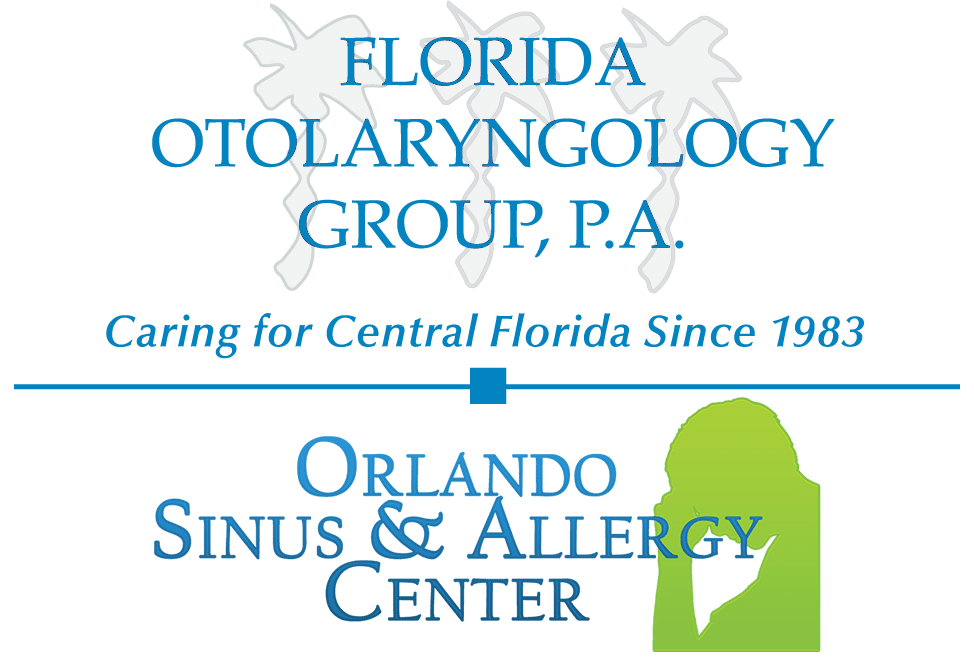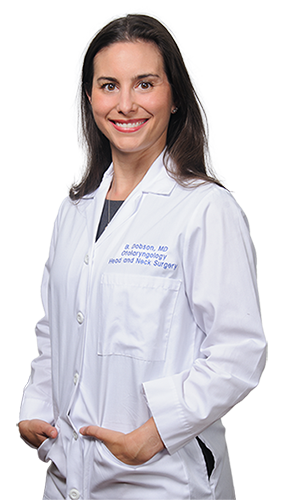Reasons for Sleep Apnea
Sleep apnea is a common sleep disorder in which breathing may be interrupted during sleep causing repetitive pauses or disruptions known as apneic events. These events prevent you from getting well-rested sleep, as the start-stop rhythm of your breathing causes you to become partially awake during these episodes. There are several varieties of sleep apnea including obstructive sleep apnea (OSA) and central sleep apnea (CSA).

What Happens in OSA & CSA Sleep Apnea?
In obstructive sleep apnea (OSA), the muscles in your throat relax causing your tongue to obstruct the throat. This will either narrow or completely block the upper airway making it difficult for you to breathe. When this happens, your chest muscles and diaphragm work harder to open the blocked airway, causing partial awakening. The most common and effective treatment plan for OSA is a CPAP machine. A CPAP machine blows pressurized air into and through your airway keeping it open so that you can breathe.
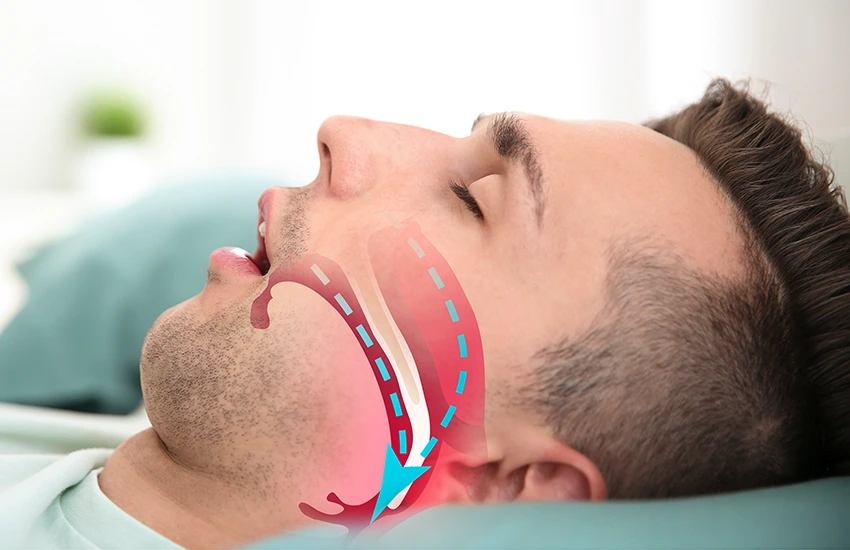
Image: Normal Airways
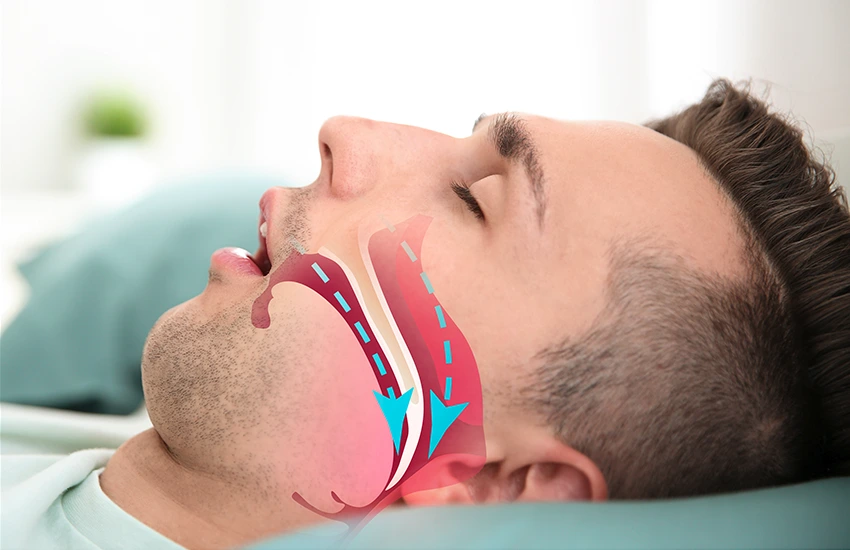
Image: Obstructive Sleep Apnea
In central sleep apnea (CSA) your brain simply fails to signal your body to breathe. You are physically capable of breathing during sleep, but your brain does not signal you to cause your oxygen levels to dip and carbon dioxide to build up in your body. The most common treatment plan for this type of sleep apnea is a CPAP or an adaptive servo-ventilation (ASV) machine. An ASV machine is similar to a CPAP but adjusts the pressure levels of the outgoing air to match your breathing patterns.
The Downside to CPAP and ASV – Why Some May Choose Surgery Instead
Some may not tolerate CPAP and ASV machines as these require you to place a mask over your face. Mask discomfort and high pressures from the machine may be overwhelming and too uncomfortable for some.
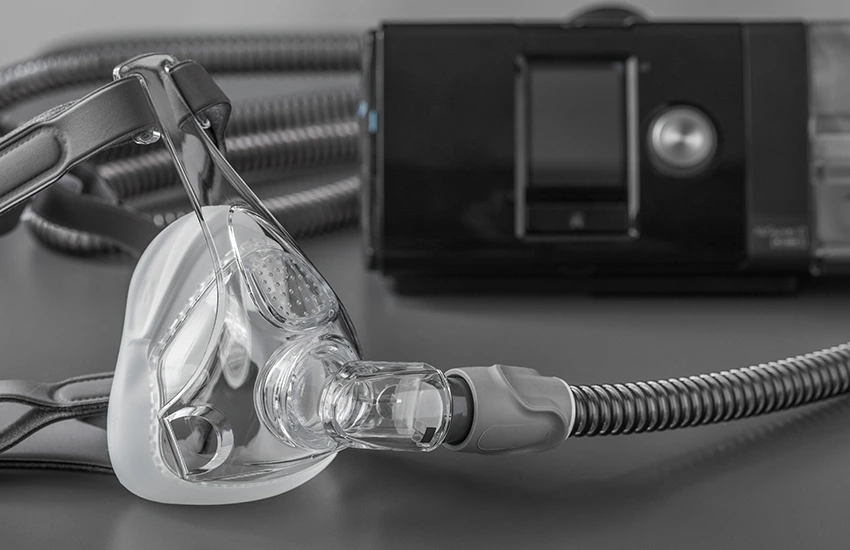
Available Surgical Procedures for Sleep Apnea

There are several different types of surgery for sleep apnea, some of which are minimally invasive and target the soft palate and uvula or tonsils, while some are much more intensive and target the upper and lower jaw.
Which Surgery Option is Right for Me?
The best way to determine which surgical procedure is right for you is to have a consultation with an ear, nose, and throat specialist (ENT), as a thorough exam of your throat, tongue, and nasal passageways will reveal the reasons for obstruction of your sleep apnea. If you have any questions regarding any of the procedures listed above, please get into contact with us here at Florida Otolaryngology Group. Our licensed and board certified ENT specialists are happy to help and are committed to providing you with the highest quality of care. Give us a call at 407-677-0099.


